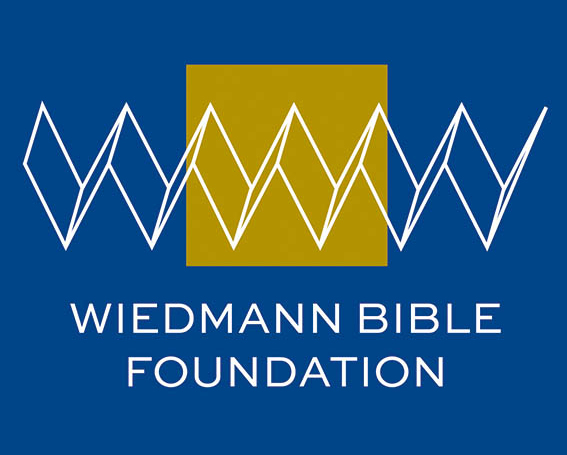It is the last of the five Moses books (Pentateuch). The name comes from the Septuagint and means something close to the second law, which merely supports the repetition of the law. In Hebrew the book is called Debarim (Words) = the words of Moses before the people. The text was certainly not written by Moses; this can already clearly be discerned from the style. This book very likely originated from within Levite society in the northern kingdom who labored to maintain the Israelite religion and who felt bound to the traditions of Moses. 722 B.C. a comprehensive collection of texts was brought to Jerusalem after the northern kingdom had been conquered. At one time the book of law which resulted (found in the temple of Jerusalem in 621 B.C.) possibly served as the foundation for the comprehensive reforms of King Josiah (639-609 B.C.)
Chapters 1-4 and 29-33 were added during the exile imposed in the 6th century in order to be incorporated into the story of Deuteronomy which led to this book finding its place at the end of the Pentateuch.
Deuteronomy is a book which borrows from earlier texts and tends heavily towards a mystical perspective. The work contains a wealth of writings on laws so that one could well expect its dry and almost
effortless style; this book is, however, one of the most exciting books in the old testament.
Deuteronomy is divided into the actual laws (chapters 12-26) and the context including the opening and closing speeches (chapters 27-30) as well as a conclusionary description of the death of Moses (chapters 31-34).
If the liturgy can be ascribed then the continuous transition from speeches and laws, blessings and announcements, allusions, obligations and invocations of Deuteronomy resembles an entire sermon.
“The book of remembrance” is given to the Israelites alone for their loyalty and devotion, disavowal of foreign gods and pagan sites. “Take care that you do not forget the Lord.” Thou shalt add nothing and take nothing away! The love of Yahweh! That is the most important and most illustrative thing. “Behold! Yahweh is unique!” – That is why you shall love your God with all your soul and strength (Deut. 6:4)
The book is divided into 6 main parts:
Moses’ speech, recollection + warning (1:1- 4:43)
Proclamation of the law (4:4 – 28:68)
a. Deuteronomic assemblage of laws (12:1–26:19)
b. Insight into tasks for the time following the crossing of the Jordan (27:1-26)
c. Conclusion of the proclamation of the law (28:1-68)
Moses’ final decrees, recollection. Partner and content of the bond (29:9-14)
Moses’ blessing (33:1-29)
Moses’ death (34:1-9)
Conclusion of the fifth book of Moses (34:10-12)










